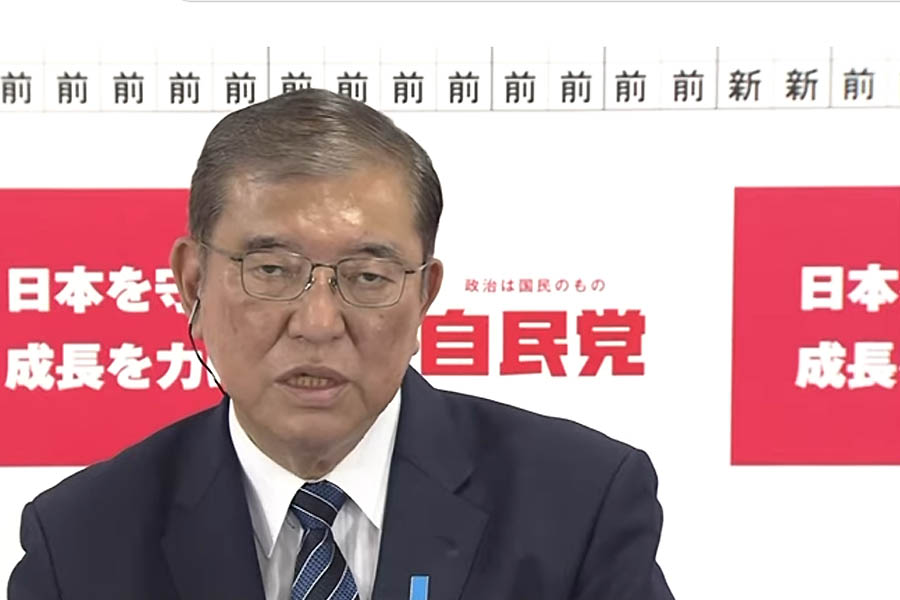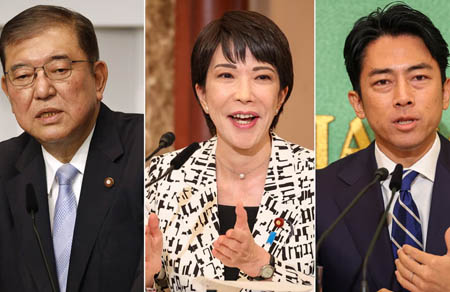
Shigeru Ishiba Vows to Continue as Prime Minister Amidst Historic Election Loss
29-Oct-2024In a surprising development for Japan's political landscape, Prime Minister Shigeru Ishiba has pledged to remain in office despite his party's devastating defeat in the recent general election. This loss signifies a profound shift, marking the first time in over a decade that the Liberal Democratic Party (LDP) has lost its majority in parliament.
A Severe Judgment from Voters
Shigeru Ishiba, who assumed office only weeks ago, had initiated a snap election aiming to solidify his mandate. However, in a sobering address to the nation, he conceded that the LDP faced a "severe judgment" from voters, stating that the party must "humbly accept" this outcome. Ishiba emphasized that the Japanese people have expressed a strong desire for the LDP to reflect more closely on their needs and sentiments.
The Coalition's Shaky Ground
The LDP, alongside its coalition partner Komeito, secured just 215 seats in the lower house, falling short of the 233-seat majority required for effective governance. This electoral result is particularly alarming, as it marks the first time the LDP has been without a parliamentary majority since 2009. The party has historically maintained continuous rule since 1955, making this defeat a significant moment in Japanese politics.
Scandals and Voter Apathy Impacting Approval Ratings
The recent electoral setback is symptomatic of a tumultuous period for the LDP, characterized by scandals, widespread voter apathy, and record-low approval ratings. Earlier this year, the party's approval ratings plummeted below 20% amid a political fundraising corruption scandal that severely damaged its leadership. In response to the electoral defeat, Ishiba vowed to pursue "fundamental reform" regarding the intertwined issues of money and politics, aiming to restore trust among the electorate and rejuvenate the party's image.
The Path Forward: Coalition Politics in a Fragmented Parliament
With the LDP’s diminished power, Japan's parliament has a critical window of 30 days to reconvene and select a new prime minister. The chosen leader's party or coalition will have to navigate a complex landscape, as they can still govern even without a majority. However, this situation raises the possibility of significant legislative challenges, as they will no longer have the unilateral power to pass laws.
Opposition Parties and the Potential for Change
Another possibility on the horizon is the unification of opposition parties to form a government. The largest opposition party, the Constitutional Democratic Party (CDP), gained 148 seats, a substantial increase from previous elections. Despite this, historical challenges remain, as opposition parties often struggle to present a cohesive and viable alternative to the ruling coalition.
Political Instability: Implications for Japan's Future
As Japan's political landscape shifts, the implications extend beyond domestic governance. The recent election results could diminish Japan’s reputation as a bastion of political stability, a status that had attracted foreign investors in recent years. Experts suggest that the era of Japan as a global leader, particularly following Shinzo Abe’s tenure from 2012 to 2020, may be coming to an end. The forthcoming period promises to be turbulent, with significant challenges ahead for any emerging government.
Tags: #ShigeruIshiba #JapanElection2024 #PoliticalLeadership #LDP #JapanesePolitics #Governance #ElectionAnalysis #PoliticalStability #JapanNews #Leadership
Thank you for reading: Globalpostheadline.com





